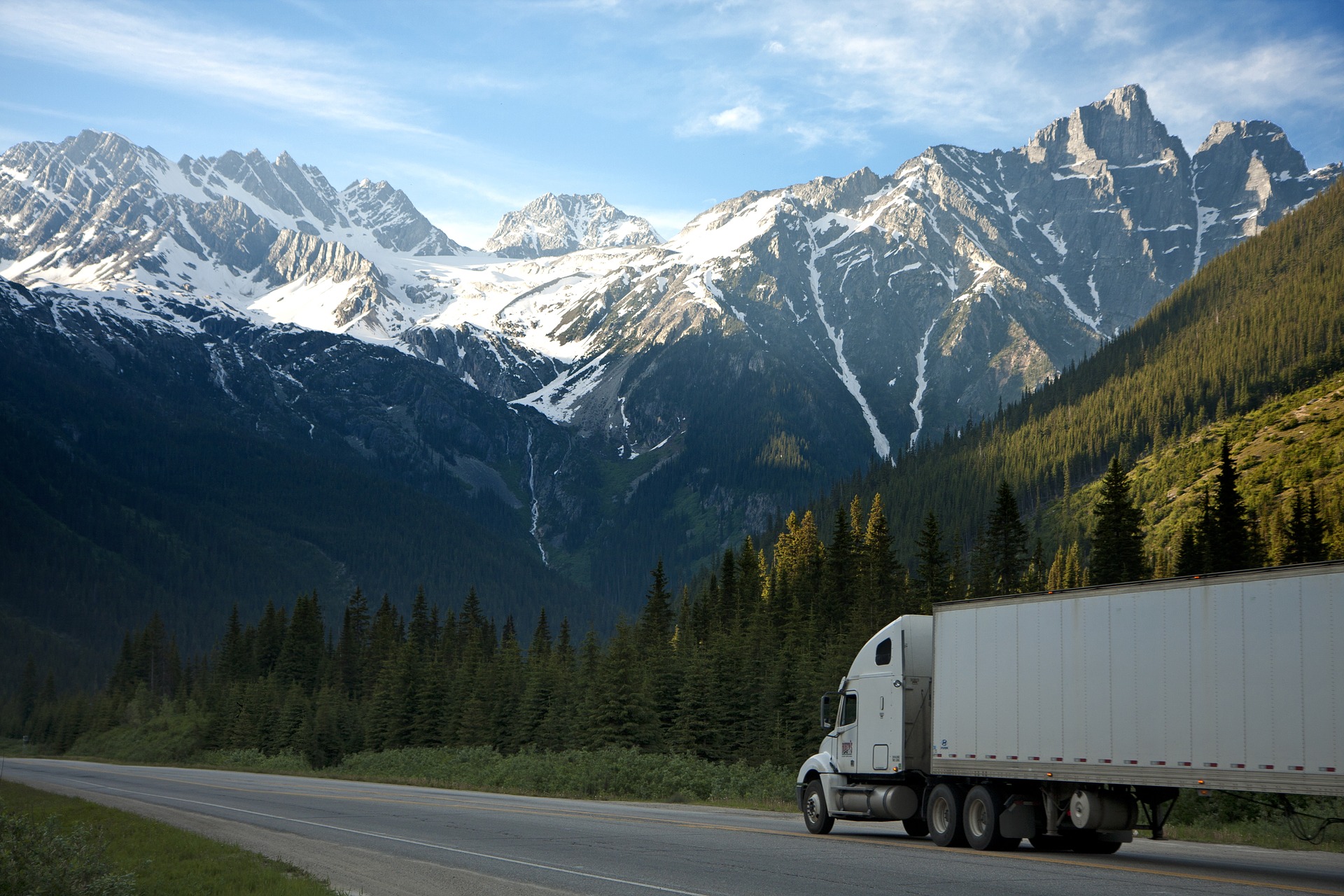Go Downtown
Things will be great when you’re — Downtown
No finer place for sure — Downtown
Everything’s waiting for you – Petula Clark, 1964
Perhaps I date myself, but I can still remember this 1960s song that captured the allure of the city. Back then, downtown, the proverbial “engine of growth and opportunity,” was the place to be. It had the best jobs, the fancy shops, fine dining, culture, and interesting people from all walks of life. But these days, Petula Clark’s hit single, which went Gold and sold one million copies in the U.S., would be as incomprehensible as the Twilight Zone to many people.
Pew Research found that since 2018, about five million Americans a year have left city life in favor of the country or the suburbs. And a Harris Poll taken during the pandemic showed that 40 percent of urbanites were considering heading for greener pastures.
Rising crime, homelessness, unaffordable housing, poor performing (not to mention unsafe) inner-city public schools, as well as the high cost of living have taken their toll especially here in the West, the site of some of the most beautiful cities in America.
Take Seattle, nestled among endless evergreens by the Puget Sound. Twenty-six thousand out of 351,000 households left Seattle last year, a potential decline of nearly 7 percent, estimates Danny Westneat, a veteran Seattle Times journalist. “Whether it was the pandemic, the protests and riots, the urban decay, the high costs, the work-from-home trend or pick your reason people appear to have ditched the Emerald City last year in unusually large numbers….”
San Francisco, with its stunning vistas, is perhaps the most beautiful city in America. But 72,000 people packed up their bags during the pandemic according to the California Policy Lab at the University of California. And the exodus is not likely to end. A poll commissioned by the San Francisco Chamber of Commerce found that 40 percent of the residents surveyed said they are considering leaving the city. The reasons? Eight out of 10 people cited increasing crime and 9 out of 10 said they believed that the homeless crisis has worsened. Three-fourths of residents said their quality of life has declined over the past year.
In the City of Angels, its estimated that 70,000 people have left the county during the pandemic. Two years of rising violent crime, and a homeless population close to 60,000 have made the downtown virtually unlivable. Recently, crime and homelessness have moved closer to the poshest neighborhoods, prompting Oprah Winfrey, upon the death of philanthropist Jaqueline Avant, to tweet: “The fact that this has happened, her being shot and killed in her own home, after giving, sharing, and caring for 81 years has shaken the laws of the Universe … The world is upside down.”
While Portland in Oregon’s Willamette Valley hasn’t seen a decline in population, the nightly riots that went on for months on primetime TV may have irreparably damaged the city’s reputation. In the article “Death of a City: Portland’s Story” by Bill Connerly, an Oregon resident and a Forbes contributor, wrote: “Coverage by newspapers, television and current affairs podcasts has been extensive, both across the country and worldwide. This is critical given that the area’s growth comes from in-migrants, mostly from other states in the U.S. Real estate developers and investors have significantly downgraded their attitudes about Portland real estate.”
While COVID-19 exacerbated the exodus, the key problems facing America’s cities predate the pandemic. The lofty visions of progressives who have run these cities for decades have largely failed to materialize. Perhaps it’s time for back to basics. “Residents love cities not for their sterile towers or the grandiose posturing of their political representatives,” writes urban policy expert Joel Kotkin, “but for the high quality of life afforded by nearby jobs, friendly neighbors, decent schools, and parks…. These ordinary achievements would live up to Aristotle’s credo that cities come to be for the sake of life, and exist for the sake of the good life.”
Rowena Itchon is senior vice president of the Pacific Research Institute.

